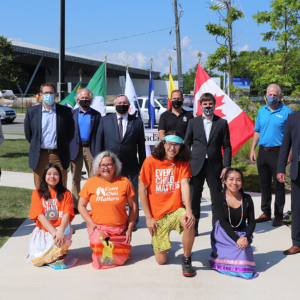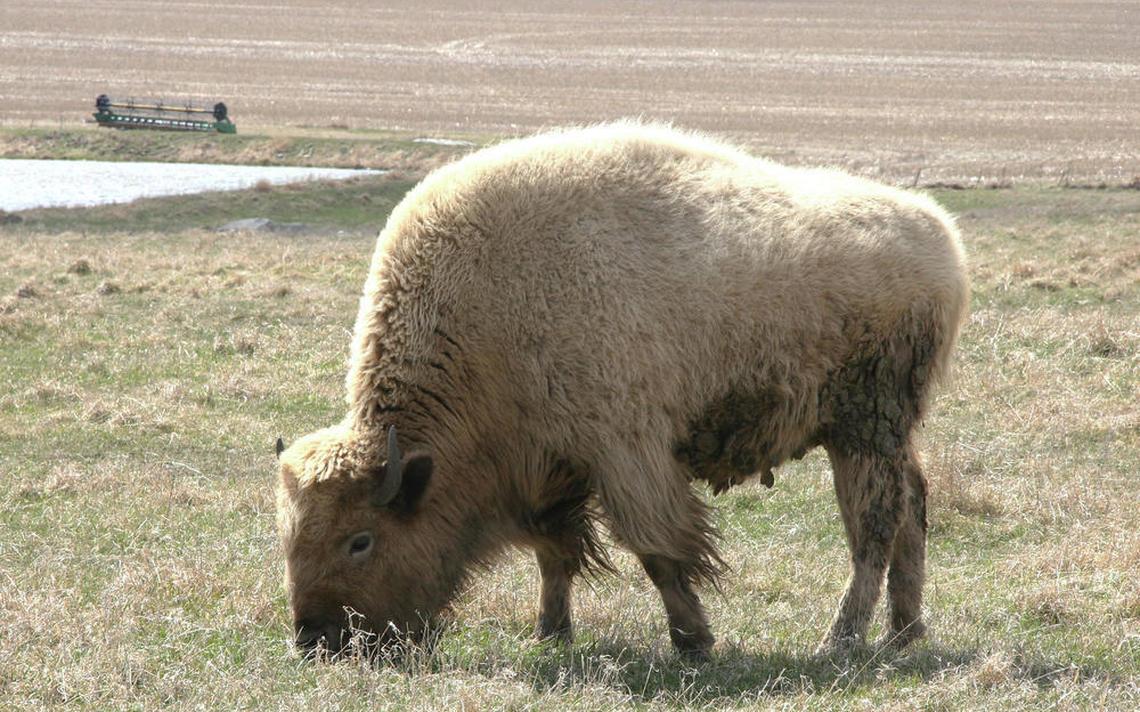
For years, women’s advocacy groups, sex trade workers and their supporters have been lobbying and fighting the government to change the laws surrounding prostitution. The act of prostitution in Canada has never been illegal. What is considered a criminal offence is everything else pertaining to prostitution. This includes: soliciting for the purpose of prostitution, living off the avails of prostitution and keeping a common bawdy house (brothel).
In essence, what this comes down to is sex-trade workers risking their safety and often risking their lives to make a living. On Friday, the Supreme Court of Canada, in a unanimous decision, struck down anti-prostitution laws and deemed them to be unconstitutional.
So what does this mean for First Nations women who make up a large segment of the sex trade population? Indigenous people see both pros and cons with the new court ruling but with Canada’s disproportionate number of First Nations women and girls in the sex trade, many feel the recent court ruling is two steps back.
According to data from a 2008 inquest, hundreds of children in Winnipeg, some as young as 8, were selling sex to adult men.
Robyn Bourgeois, a member of the Lubicon Cree nation in Alberta, is currently a PhD candidate at the University of Toronto, and is heavily involved in research and advocacy in bringing awareness to violence against Indigenous women and girls in Canada.
Asked what her thoughts were on the new court ruling, Bourgeois argued on both sides. She explained, “Striking down the prostitution laws is a victory in that indigenous women and girls will no longer be criminalized for what many of them do out of survival.”
However, Bourgeois sees more negative consequences coming out of this recent court ruling. In an interview, she explains, “I also concur that these laws, at least when they target prostitutes, have been complicit in making the situation of marginalized peoples more precarious and violent.”
Bourgeois explained that the problem doesn’t lie with Canada’s prostitution laws; the problem is prostitution itself. “Prostitution operates a system of oppression – it establishes dominant subjects through difference and degradation of others. It divides the world into prostitute and non-prostitute, just as patriarchy divides males from females, and racism, white from non-white.
However, when such ideological structures are threatened, violence will be used to reinforce existing relations of ruling. In this way only the abolition of prostitution can end the violence.”
On what her thoughts were on the future of prostitution laws in Canada, Bourgeois said, “I don’t want safer prostitution – I want an end to the social inequality that makes prostitution the best option for survival, which currently results in indigenous girls facing unfair odds of being trafficked and exploited through prostitution.”
In the recent Supreme Court of Canada decision, Parliament has one year to change their prostitution laws. In the meantime, current prostitution laws will stay in effect.








Great article, although I disagree with Robyn Bourgeois’ point that the problem lies with prostitution itself, and that sex work divides the world into prostitute and non-prostitute. I think this argument over simplifies the complex nature of sexuality and sex work and reduces people to the essentialized category ‘prostitute’, as if the nature of one’s work is their defining attribute. The problem with selling sex is not the transaction itself, but the deeper nature of the commodity relation which abstracts objects from the social relations of their production and presents them as ‘neutral’ for consumption. This defines capitalism as a mode of production and structures its social formations, which are not only capitalist, but heterosexist, homonational, racist, ableist, colonial, and specifically in “Canada”, settler colonial. What I mean to say, therefore, is that the enormity of the problem makes dividing the world into binary oppositions like prostitute/non-prostitute, male/female or white/non-white problematic.
While sexism certainly exists and the structuring logic of sex work is largely distilled around the settler bourgeois white male het/cis gaze, sex work itself is not the problem. In fact sex work is often one of the only options available for those subjects of Empire that are continually disadvantaged by processes of capitalist colonialism. The problem is broader than selling sex itself, and I think this article did a good job of pointing at those deeper issues and the more pressing needs of disadvantaged sex workers, like proper access to social services (not that all sex workers necessarily need to access support).
That being said, however, I think it is also important to avoid blanketing all sex workers and especially youth sex workers as victims in need of saving. While I don’t deny that sexual assault and abuse occurs in the sex trade (after all it is a work place, and any abuse or assault no matter where, how, or why it occurs is truly reprehensible!), speaking on behalf of youth in the sex trade by representing them as helpless, reinforces colonial mentalities that deny youth agency, ignores their lived experience, and devalues their expert knowledge.
Decriminalizing sex work is an important step and certainly reduces the state violence faced by all sex workers from the police. While I agree with this article that decriminalization is simply one very preliminary step towards decolonizing sexuality and sexual violence, I am hesitant to divide the world into binary distinctions that reduce the complexity of colonialism and I fear erasing the voices of youth involved in the sex trade.
Thanks for your insight! However, I do disagree with a few of your statements.
“That being said, however, I think it is also important to avoid blanketing all sex workers and especially youth sex workers as victims in need of saving. …speaking on behalf of youth in the sex trade by representing them as helpless, reinforces colonial mentalities that deny youth agency, ignores their lived experience, and devalues their expert knowledge.”
I’m not sure if you are familiar with the scope of the problem and that is the overrepresentation of Indigenous women and girls in the sex trade. The majority, especially the younger ones, are not there by choice.
A lot of these girls move to urban areas from their remote communities and lured into the sex trade by pimps, hustlers, even other girls. These people will stop at nothing to recruit helpless young Indigenous girls: buying them gifts, making them think they are loved, giving them free drugs etc.
These young women, once recruited do indeed become helpless and they do need help…our help. And it is our job, as the broader society to be their voice and help give them their voice back.
In 2005, the Native Women’s Association of Canada published a report called Sisters in Spirit. In that was a database of the names of 582 Indigenous women and girls who have either gone missing or have been murdered. A lot of these women and girls were in the sex trade, though of course not all of them. And I wish I could provide you with the statistics but unfortunately I can’t at the moment.
My argument was never to say all women in the sex trade are in need of ‘saving’. But the reality is, a lot of girls are, especially First Nations girls. These girls are at a higher risk of becoming addicted to drugs, at a higher risk of emotional instability, and most important of all, at a higher risk of becoming victims of sexual violence and even death.
I am acquaintances with former Indigenous sex workers and I listen to their stories and all of them say one thing: that the problem is prostitution itself (not laws surrounding it). The new laws only further exploit First Nations women and girls in the sex trade and give pimps and johns more freedom in carrying out acts of violence against our women and girls.